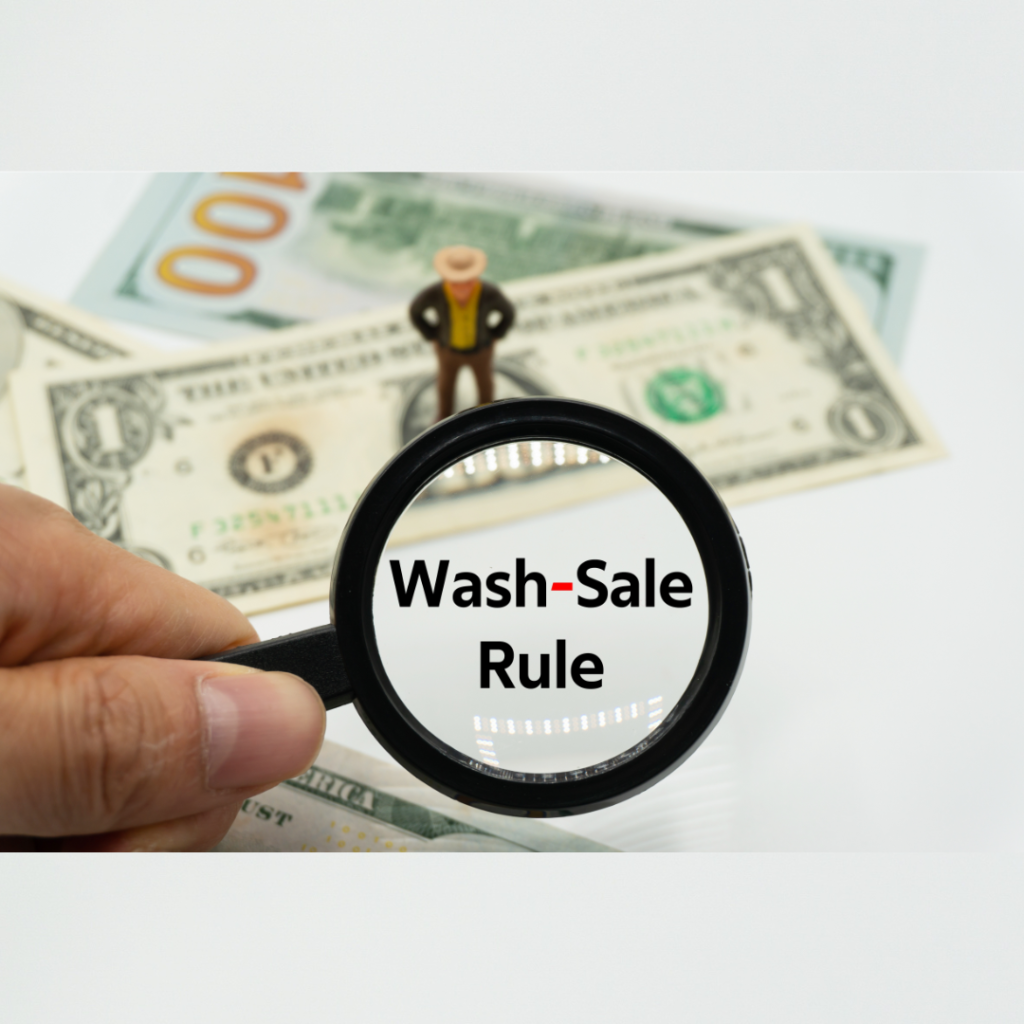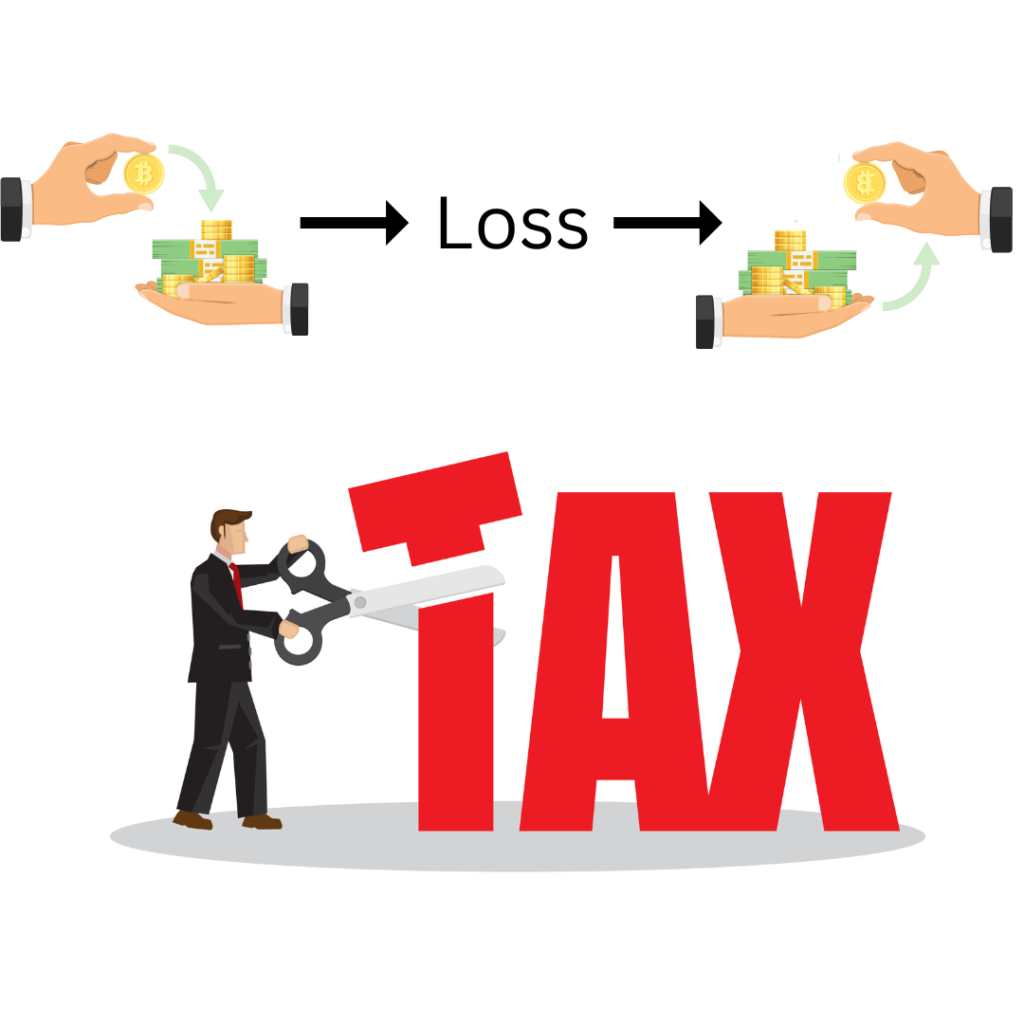The Wash Sale Rule: Does it Apply to Crypto?
If you’re a US taxpayer, it’s good news for you. The wash sale rule doesn’t apply to crypto in the US. However, that’s not the case in every country.
But what is the wash sale rule anyway? And how can you utilize it to reduce your crypto taxes? Let’s find out.
What is the Wash Sale Rule?

First, let’s understand what the wash sale rule prevents taxpayers from doing.
You may have already heard about tax loss harvesting. The wash sale is basically tax loss harvesting with one additional step that allows you to keep the crypto you used to harvest your losses.
How?
Most countries have some variation of the same wash sale law.
The law prohibits you from claiming losses on crypto you repurchase within 30 days of selling it. Likewise, you can’t claim losses on your crypto if you previously bought a newer batch of the same crypto in the last 30 days.
For example –
Suppose you sold 5 BTC for $10000 and realized a loss of $2000.
Now, if you buy 5 BTC within the next 30 days of selling the first batch of 5 BTC, you can’t write off the $2000 loss on your tax return.
Similarly, you can’t offset the losses of those 5 BTC if you had already bought a newer batch of 5 BTC in the previous 30 days.
This is done to prevent people from exploiting this tax loophole. However, cryptocurrencies didn’t exist when this rule first came into effect.
It’s an important piece of information because it only applied to stocks and securities back then, which raises the question…
Does the Wash Sale Rule Apply to Cryptocurrency?
Firstly, different countries have different laws around cryptocurrency and the wash sale rule.
But as we mentioned at the start of this article, the wash sale rule doesn’t apply to crypto in the US. The reason is that the wash sale rule only applies to stocks and securities. And the IRS views crypto as property.
So, crypto is exempt from the wash sale rule. That means you can exploit this tax loophole to reduce your crypto taxes for now. But for how long will the IRS allow it?
A new bill called Build Back Better was supposed to come into effect this year that would have added new laws to prevent wash sale in crypto. But that bill is stalled indefinitely for now.
Wash Sale Rule in Other Countries
Mainly, Canada, Australia and Ireland are among the countries that have a wash sale rule for crypto. You can click on them and learn about their crypto laws in depth.
But to quickly summarize, here’s how you can find out if your country has a wash sale rule for crypto –
Find out how the government views cryptocurrencies in your country. Do they view it as property? Do they view it as an asset? Or do they view it as currency?
After that, find out if your country has any rule preventing you to wash sale your crypto based on how they view it. Sometimes, countries have separate wash sale rules just for cryptocurrency. So, keep an eye on them as well.
Utilize the Wash Sale Rule to Reduce your Crypto Taxes

So, assuming you live in a country where the wash sale rule doesn’t apply to crypto, how do you now utilize it to reduce your tax bills?
Firstly, find out all the cryptocurrencies you’re holding that are sitting at a loss.
If you’re someone who doesn’t own a variety of cryptocurrencies from a variety of exchanges, this won’t be too difficult. However, if you’re a serious investor, more so if you also trade crypto, this could get super confusing and difficult.
Instead, you can use Bitcoin.Tax. It can help you scale this entire process that would otherwise give you headaches if done manually.
Just connect all your different wallets and exchanges to Bitcoin.Tax, and it will automatically show you the cryptocurrencies that are sitting at a loss and are ideal for harvesting losses.
Next, just sell these cryptocurrencies, realize the losses and repurchase them shortly after.
That’s it. You have successfully realized losses that you can claim to reduce your tax bill while at the same time keeping all your crypto to yourself.
Final Thoughts
While this is a great neat little tax hack you can use to reduce your crypto taxes, be prepared for when the IRS cracks down on it, which will inevitably happen at some point.
But until then, why not capitalize on it?